
5 Vegetarian-Friendly Protein Powders
When it comes to protein powder, dairy products are not the only options. In fact, there are more vegetarian choices than ever! Here are 6 that need to be in your cupboard.
When it comes to protein powders, dairy proteins are the crowd favorites. Most people reach for whey and casein when they're leveling a scoop for their post-workout shake, before bed to reduce overnight muscle breakdown, or as a meal replacement any time of day.
But dairy proteins aren't the only way! In the past, a common knock against plant-based protein powders has been that they lack one or more essential amino acid. However, there are more vegetarian-protein alternatives on the market than ever, and many of them combine one or more plant proteins—rice and pea, for example—to ensure you get a full supply of amino acids to support muscle growth and recovery.
Whether you're a vegetarian or simply looking for a dairy-free alternative to change things up, here are your best bets, in descending order based on protein quality. And with the exception of the egg protein, they're all vegan as well.
Open your eyes to the sea of protein possibilities!
1Egg protein
Protein quality score*: 1.0
Ah, the incredible, edible egg! Getting this complete protein source used to require cracking a half dozen eggs, separating the yokes, and frying them up in a pan. It doesn't have to be so hard! Look to powdered egg protein as a way to take in all nine essential amino acids and 16 grams of protein per scoop.
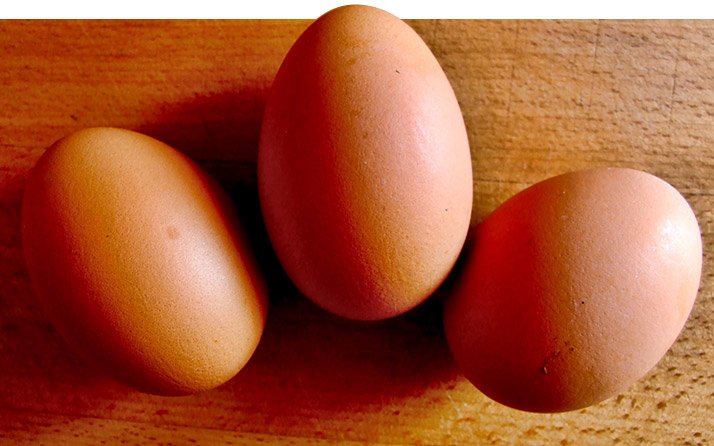
Egg protein is also low in calories, with zero fat and few carbs to speak of, making it an equally apt addition to both a restricted diet and a calorie-packed growth plan.
Average macros per serving: 16 grams of protein per 1/4 cup
2Soy protein
Protein quality score*: 1.0
With all the negative rumors regarding soy—including everything from decreases in testosterone and hormone balances in general to low energy and digestive issues—you might be surprised to find it among our list of recommended dairy-based alternatives. Don't judge before you know the facts!
Soy protein, which is isolated from the soybean, is the only nondairy substitute to contain all of the essential amino acids. It's been shown to help reduce LDL cholesterol if four servings are eaten a day. In fact, when consistently included in a diet, soy protein can continue to lower unhealthy cholesterol over time, contributing to overall heart health.
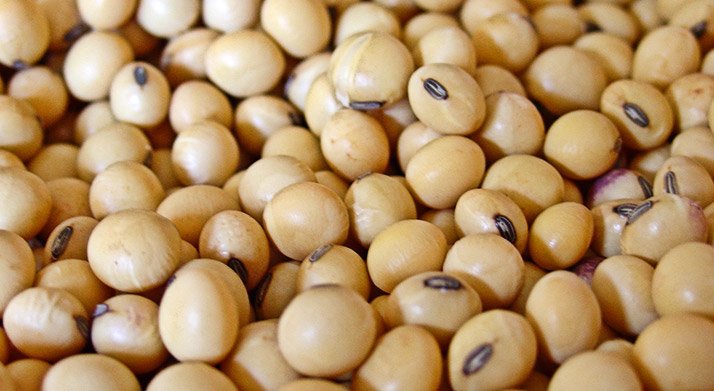
And as for those rumors... At moderate amounts, soy consumption has zero impact on testosterone levels. At higher amounts—around 12 servings a day—men who are particularly sensitive to soy may develop feminine characteristics, but even that's a bit of a stretch.
Average macros per serving: 25 grams of protein per scoop
3Vegan protein blends
Protein quality score*: varies
It's probably easier to find vegetarian protein powders that blend sources these days than it is to find single-source ones—and for good reason! Blending vegetable proteins allows manufacturers to make up for the amino acid-deficiencies of individual ingredients like pea or rice.
It also results in protein supplements that have higher levels of fiber—including crucial prebiotic fiber—and a wider range of nutrients. In general, protein blends are more like, well, food!
The combinations run the gamut, and include some unexpected names—cranberry and artichoke, anyone? Here are the sources our most popular plant proteins utilize:
- Vega: Pea, brown rice, alfalfa, sacha inchi seeds
- MRM Veggie Elite: Pea, brown rice
- Gardenia: Pea, quinoa, hemp
- SAN Rawfusion: Pea, artichoke, amaranth, quinoa
- Garden of Life Raw Protein: Brown rice, quinoa, multiple seeds and beans
Average macros per serving: 13-25 grams of protein per scoop
4Pea protein
Protein quality score*: 0.69
We all know the little round, green legumes tossed into your pasta primavera, mashed up in "mushy peas," or served alongside a palm-sized portion of protein and small heap of potatoes. But pea protein also comes in a powder that's perfect for a protein shake—or for baking!
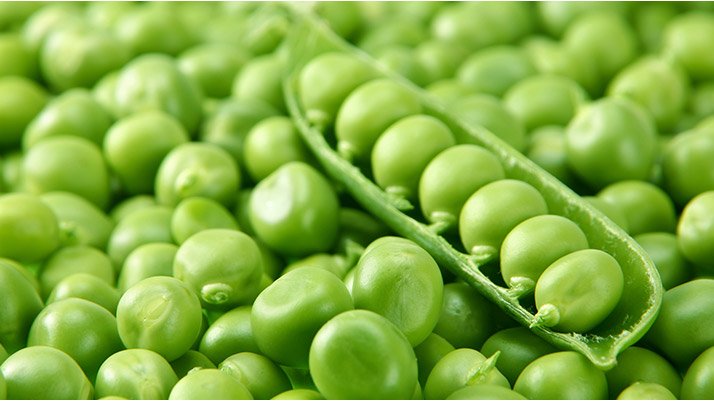
If you're sensitive to allergenic foods such as milk, eggs, soy, and whey, pea protein could be a great substitute to help you reach the oft-recommended daily target of 0.8-1.0 gram of protein per pound of body weight. In a time when many people are becoming more environmentally conscious, pea protein is a plant-based option that uses fewer resources and bypasses the often wasteful industry needed to produce the dairy in whey- or casein-based products.
Average macros per serving: 24 grams of protein per scoop
5Rice protein
Protein quality score*: 0.47
Rice—particularly white rice—often gets a bad rap for being a simple carb, but rice protein is a solid alternative for those skipping out on whey.
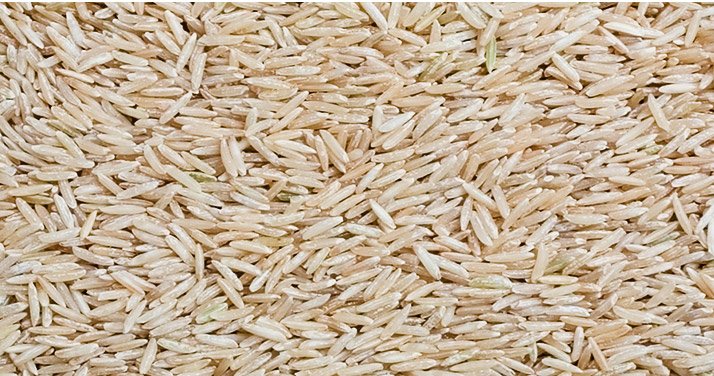
In addition to packing in a fair amount of protein, rice powder provides essential amino acids, vitamins B and E, and fiber without any fat to speak of. Even better, this is one protein source that goes down smooth. While whey and casein might cause tummy troubles for the lactose intolerant, or for those with certain food sensitivities, rice protein is hypoallergenic, making it easier to digest.
Average macros per serving: 6 grams of protein per tablespoon
6Hemp
Protein quality score*: 0.46
If you were an 80s baby, it's likely you rocked a necklace made of this stuff at some point, or at least interchanged it every now and then with your puka-shell choker. Who knew that hemp was also a great source of protein? This protein contains eight out of the nine essential amino acids in sufficient quantities, making it a great alternative to whey and casein.
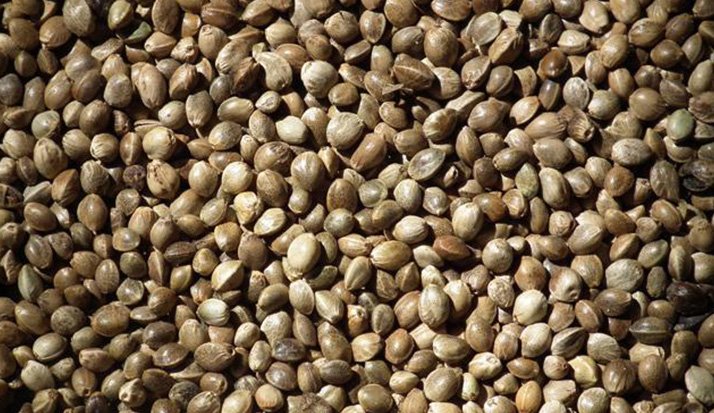
The easy-to-digest globular proteins dissolve easily and are readily accessible, making hemp protein a great option for shuttling protein throughout your body post-workout.
Average macros per scoop: 15 grams of protein per 3 tablespoons
*The protein digestibility-corrected amino acid score (PDCAAS) has been adopted by many as the preferred method for evaluating protein quality based on both the amino-acid requirements of humans and their ability to digest it. Using the PDCAAS method, protein quality rankings are determined by comparing the amino acid profile of the specific food protein against a standard amino acid profile, with the highest possible score being 1.0.
